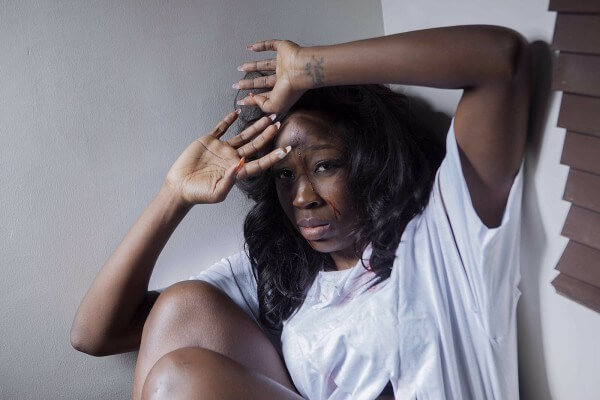The founder of ACTS Generation, Dr. Laila St. Matthew-Daniel, has lamented that 28 percent of women in Nigeria have gone through some form of domestic violence and abuse.
In an interview with our correspondent in Lagos, she said, “almost a third of all women in Nigeria have experienced some form of physical violence or abuse, a significant number in a country of almost 180 million, where almost half are women. Silence is a key factor promoting this act.”
Advertisement
She said ACTS Generation as a gender-based organization is focused on zero tolerance against any form of violence and abuse as well as attempt at trafficking of women and the girl-child in Nigeria.
“Widely acknowledged is the reality that the majority of persons affected by gender based violence are women and girls, as a result of unequal distribution of power in society between women and men.”
Quoting UNFPA, she said, “the primary targets of gender-based violence are women and adolescent girls, but not only are they at high risk of gender based violence, they also suffer exacerbated consequences as compared with what men endure. As a result of gender discrimination and their lower socio-economic status, women have fewer options and less resources at their disposal to avoid or escape abusive situations and to seek justice.”
She added that for a woman or a girl-child to go through any form of violence, that individual suffers a variety of emotional trauma and possible physical injury, stating that, “it affects the victims psychologically, emotionally, physically, and economically, in some cases, where the woman’s economic independence is curtailed, through violence induced health issues or plain control.
Advertisement
“They, most times, feel dehumanized, violated and it is a total disregard of the human rights of the victims. They also suffer consequences (on their sexual and reproductive health), including forced and unwanted pregnancies, unsafe abortions and resulting deaths, traumatic fistula, and higher risks of sexually transmitted infections (STIs) and HIV.”
She, however, counselled women to be bold enough to break the cultural code of silence, speak up and seek help, when they have been violated, adding that there are several organizations working on prevention and response interventions for victims of violence against women and the girl-child.



